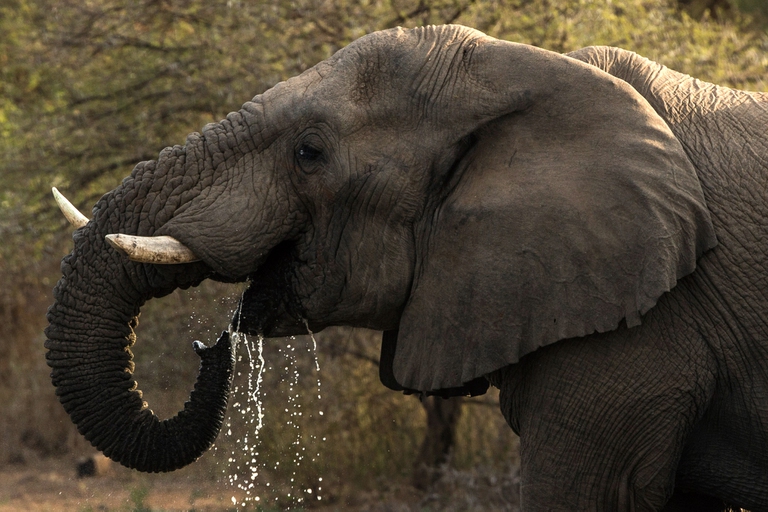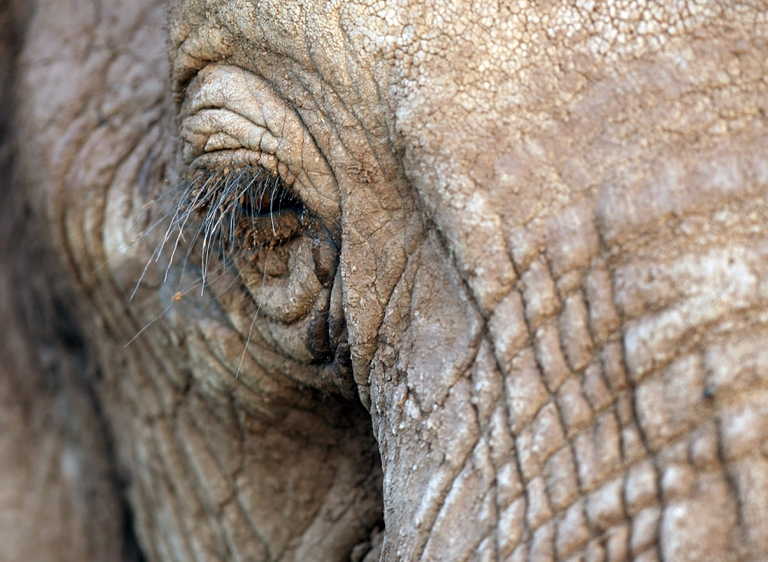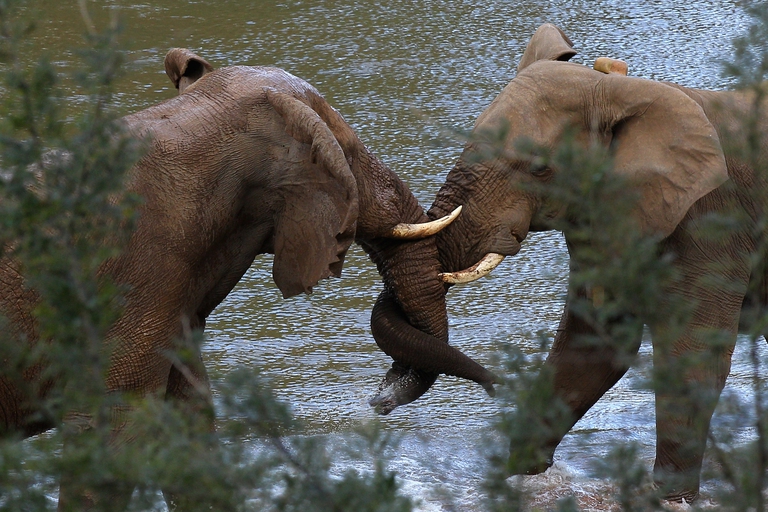
Our species took its first steps in a world covered in trees. Today, forests offer us sustenance, shelter, and clean the air that we breathe.
Botswana, Namibia and Zimbabwe are home to the world’s largest African elephant population and have put forward a motion for the right to sell ivory acquired through natural deaths, confiscations and culling under certain conditions. Zambia, on its part, has proposed being allowed to sell its raw ivory and permit trade in hunting trophies for non-commercial
Botswana, Namibia and Zimbabwe are home to the world’s largest African elephant population and have put forward a motion for the right to sell ivory acquired through natural deaths, confiscations and culling under certain conditions. Zambia, on its part, has proposed being allowed to sell its raw ivory and permit trade in hunting trophies for non-commercial purposes. These proposals were all voted down during the 18th meeting of the Convention on International Trade in Endangered Species (CITES) , which took place in Geneva between 17 and 28 August. Poaching increased very steeply across Africa after the last Ivory stockpile sales back in 2008.
The CITES treaty, created over four decades ago, regulates global trade in some 36,000 species of plants and animals, and provides mechanisms to help crack down on the illegal trade and sanction countries that violate the rules.
Zimbabwean President Emerson Mnangagwa lambasted wildlife regulator’s decision to not relax ivory laws. According to the leader, the estimated combined value of ivory in his country and neighbouring Botswana and Namibia is worthy 600 million US dollars, “Its a lot of money we can use for big projects in our region, but we can’t sell because countries without elephants are telling those with them what to do with their animals” he specified.
“They bar us from killing our animals for selling ivory, but they want us to protect them from being poached,” Mnangagwa wondered. He accused the wildlife monitoring body of turning a blind eye to Africa’s problems.
But his predecessor Ian Khama, an enthusiastic conservationist who in 2014 became the only Southern African leader to introduce a complete ban on elephant trophy hunting, has called the decision catastrophic, an archaic practice and that the proposal would harm the tourism industry second largest source of revenue.
In recent years, competition for resources has been fierce, as growing human and elephants populations increasingly encroach on each other’s space. According to local media reports, more than 200 people have been killed by elephants in the past five years and crops have also been destroyed. “Our people must benefit, this is a resource we think we can monetise,” Tinashe Farawo, spokesperson for the Zimbabwe Parks and Wildlife Management Authority, stressed. “That’s why we’ve been saying that our elephants must pay for their upkeep“.
But international wildlife charity organisation Born Free’s head of policy, Mark Jones, who has celebrated the restrictions on trade in ivory and rhino horn, said lifting the embargo at the CITES summit would have “seriously undermined” existing conservation efforts. He urged the SADC bloc to continue their membership and work with the international community to find solutions for species threatened by trade and trafficking.
Another wildlife expert Patricia Awori, and director of the Pan African Wildlife Conservation Network, warned that calls to relax the African elephant’s protected status and promote so-called “one-off sales” of stockpiled ivory would spell doom and exacerbate ivory poaching.
Too much time has been spent talking about the ivory trade, Awori stated. “We need to be looking at ways to create livelihood opportunities for those communities’ to co-exist with wildlife and thrive, instead of focusing on stockpiles”.
However, the African elephant, lion and hippo appear on the International Union for Conservation of Nature‘s (IUCN) “red list” of animals at risk of extinction, and needing greater protection.
Presumably, time has come for the four southern African countries to increase their law-enforcement efforts coupled by enacting stiff legislation that would help to curb illegal ivory trade.
Siamo anche su WhatsApp. Segui il canale ufficiale LifeGate per restare aggiornata, aggiornato sulle ultime notizie e sulle nostre attività.
![]()
Quest'opera è distribuita con Licenza Creative Commons Attribuzione - Non commerciale - Non opere derivate 4.0 Internazionale.
Our species took its first steps in a world covered in trees. Today, forests offer us sustenance, shelter, and clean the air that we breathe.
Poachers in Africa are encroaching on wildlife land and killing rhinos in travel hot spots now devoid of visitors due to the coronavirus pandemic.
Actor and environmental activist Leonardo DiCaprio has contributed two million dollars to a fund to protect Virunga National Park in Congo from threats such as terrorism, the coronavirus and poaching.
For the first time in seventeen years, Iceland’s two main whaling companies won’t resume whale hunting. The announcement concerns this year’s season but could carry into the future.
The relationship between the coronavirus and wildlife is complex: while the pandemic may lead to a reduction in the illegal trade in wild animals, it may also encourage it in other respects.
The largest coral reef in the world is severely threatened by climate change, but researchers are developing strategies that could contribute to saving the Great Barrier Reef.
NGO Free the Bears has opened a mountain sanctuary for moon bears in Laos. With the government’s help, it aims to close all bile farms by 2022.
Seychelles have extended its marine protected area, which now covers over 400,000 square kilometres, an area larger than Germany.
The tapir was reintroduced into Brazil’s Atlantic Forest, the country’s most at-risk ecosystem. The species can play a key role in the forest’s recovery.











